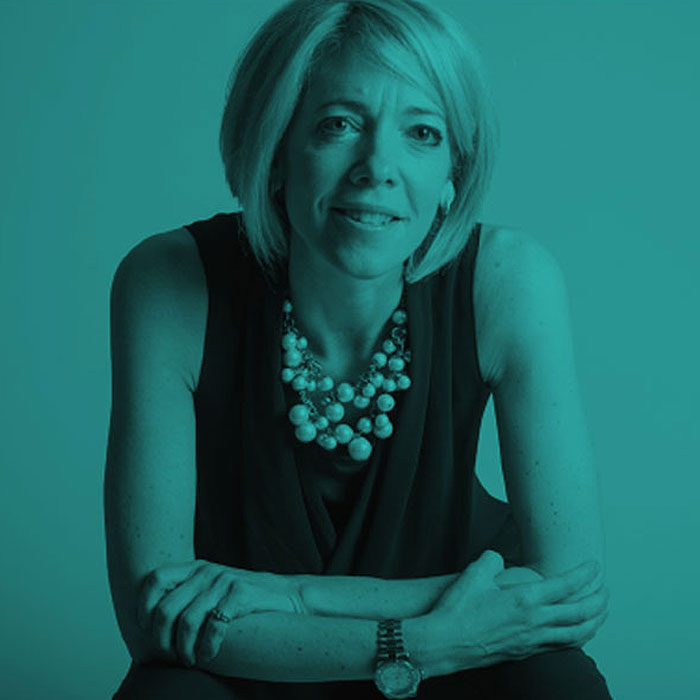
Conscious Capitalism by John Mackey, Raj Sisodia and Bill George
£11.19 from Waterstones
Time to Read: A couple of weeks by picking up and putting down. This can be read chapter-by-chapter and does not need constant reading. The audiobook is 11 hours and 14 minutes.
Why
To set out a creed that making profits and making the world a better place are not necessarily mutually exclusive activities. In fact, the argument goes, the profits will be more sustainable by having a positive impact on the world, and business virtues are the way to make a positive impact on the world.
What
The book is a cheerleader for the benefits of capitalism – statistics such as global increase in life expectancy (from 30 to 68 years) and education (a drop from 90 per cent illiteracy rate to 18 per cent globally) and a drop in epidemics etc, are used as evidence to support the theory – but highlights where things have gone wrong in terms of focusing on the bottom line to the exclusion of people, staff, customers, suppliers, neighbours etc.
It is akin to the Simon Sinek’s ‘Why’ theory – get to the heart of why the business is in existence, where profit is an outcome instead of the goal, and sustainable, successful business is more likely.
The authors make a clear distinction from Corporate Social Responsibility which they argue is where the purpose of business is to maximize profits, and just grafts onto itself a department that improves the brand image of the company.
Conscious Capitalism starts from the point of view that creating value is so intrinsic to the success of a business that communities and the environment are key stakeholders – so it is an organic part of the business and operating model, not an afterthought or something separate. It is why the business exists in the first place, not an additional extra.
The point is that it is not a case of either/or – we are often both self-interested and we want to do good. And finding how we combine these two things is how we create the best businesses.
The book proposes that there are four tenets of conscious capitalism – higher purpose and core values, stakeholder integration, conscious leadership and conscious culture and management.
The book was written in 2014 and proposes that Southwest Airlines, Google, Costco, Tata, Amazon, Nordstrom and Patagonia, amongst others, are proponents of conscious capitalism. Three years later, would the same companies be nominated? This is no different to any other business book, it is rare that companies stand the test of time – even a few of the case studies described by Jim Collins in his book Good to Great companies have fallen away since. https://www.amazon.co.uk/Good-Great-Jim-Collins/dp/0712676090]
How
Written by the CEO of Whole Foods (A US chain, like a super-expensive Waitrose, crossed with the approach of Waterstones and Lush), John Mackey and Raj Sisodia, an academic who also led marketing efforts at Boston University.
The personality of the key proponent, John Mackay, has potentially got in the way with the success of this concept and the book. It has not caught on in the UK in the same way as in the US – the BCorps concept is perhaps getting greater traction: http://bcorporation.uk/steps-to-becoming-a-certified-uk-b-corp
Michael Porter, the highly regarded business strategist, has also come to this area. His TED (18 minutes) compellingly makes the point that business thinking and approaches are the only way to solve the social problems of the world. https://www.ted.com/talks/michael_porter_why_business_can_be_good_at_solving_social_problems
The Conscious Capitalism idea is similar – capitalism is here to stay, so how can it solve the social problems of the world rather than create as many issues as it solves?
Please note, this book review is available as a pdf on request.
If you would like to receive these generally bi-monthly Thrive in Five newsletters, sign up here.
